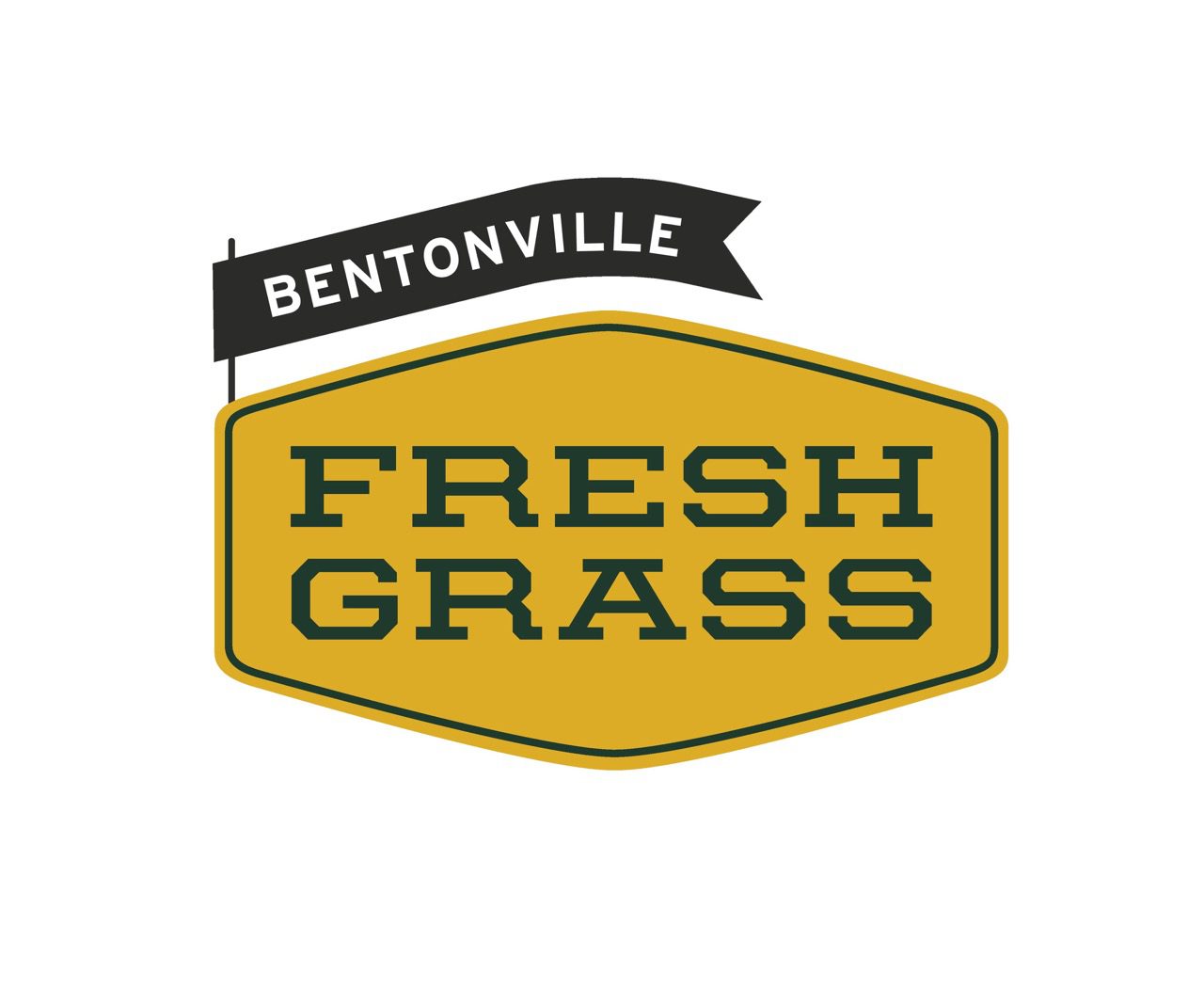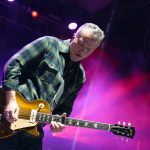The FreshGrass Foundation Announces Partnership with The Momentary, Launches FreshGrass | Bentonville Festival

After nine successful music festivals at the Massachusetts Museum of Contemporary Art (MASSMoCA) in North Adams, Mass., the FreshGrass Festival has announced its first expansion. FreshGrass | Bentonville will debut in Arkansas April 24-25, 2020 before FreshGrass | North Adams returns Sept. 25-27, 2020.
FreshGrass | Bentonville represents a new partnership with The Momentary, a contemporary art space opening Feb. 22, 2020. Housed in a 63,000 square-foot converted cheese factory, The Momentary will serve as a satellite facility to the Crystal Bridges Museum of American Art, located in Northwest Arkansas. The multi-disciplinary space in downtown Bentonville will showcase not just contemporary art, but also live music, performing arts, culinary demonstrations, and more.
Says Chris Wadsworth, president of the FreshGrass Foundation and publisher of No Depression, “The Momentary is the perfect partner to expand our mission of preserving, promoting, and creating innovative grassroots music — with some serious Arkansas flair! We’ve had a great time building a lineup of musicians, some of whom are old friends, some of whom are new to FreshGrass, but all of whom are excited to be a part of our inaugural effort in Bentonville.”
That initial lineup features a mix of classic, beloved roots musicians and notable newcomers. Headliners include country icon Alison Krauss, bluegrass maestros Old Crow Medicine Show, and banjo phenom Alison Brown. Additional artists confirmed include the all-women Maricachi group Flor de Toloache and rollicking bluegrass group Steep Canyon Rangers, both of which performed at FreshGrass | North Adams in 2019, as well as Ruthie Foster, Leyla McCalla, and Smokey and The Mirror, with more musicians set to be announced soon.
Like at MASSMoCA, performances at FreshGrass | Bentonville will take place on both indoor and outdoor stages, and throughout the museum’s galleries.
Tickets for FreshGrass | Bentonville are now available and members of The Momentary are eligible for discounted early-bird tickets. For more information, visit freshgrass.com and themomentary.org.




